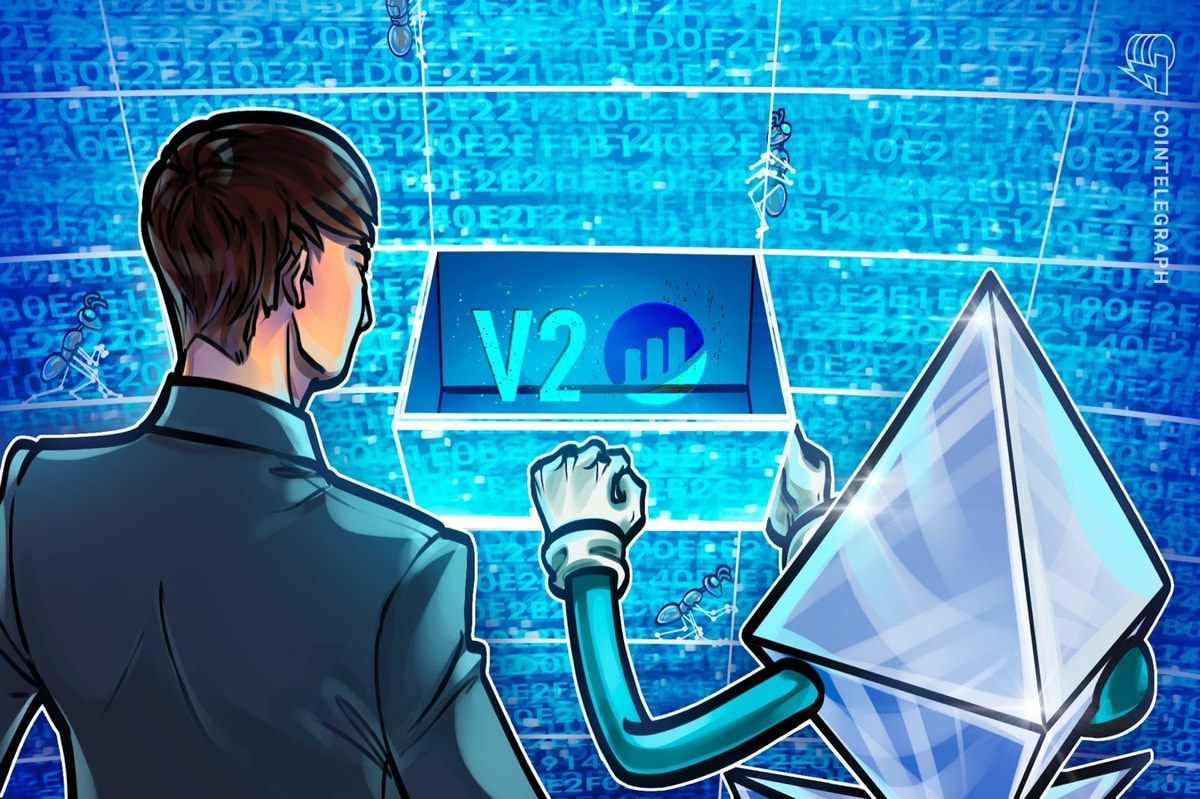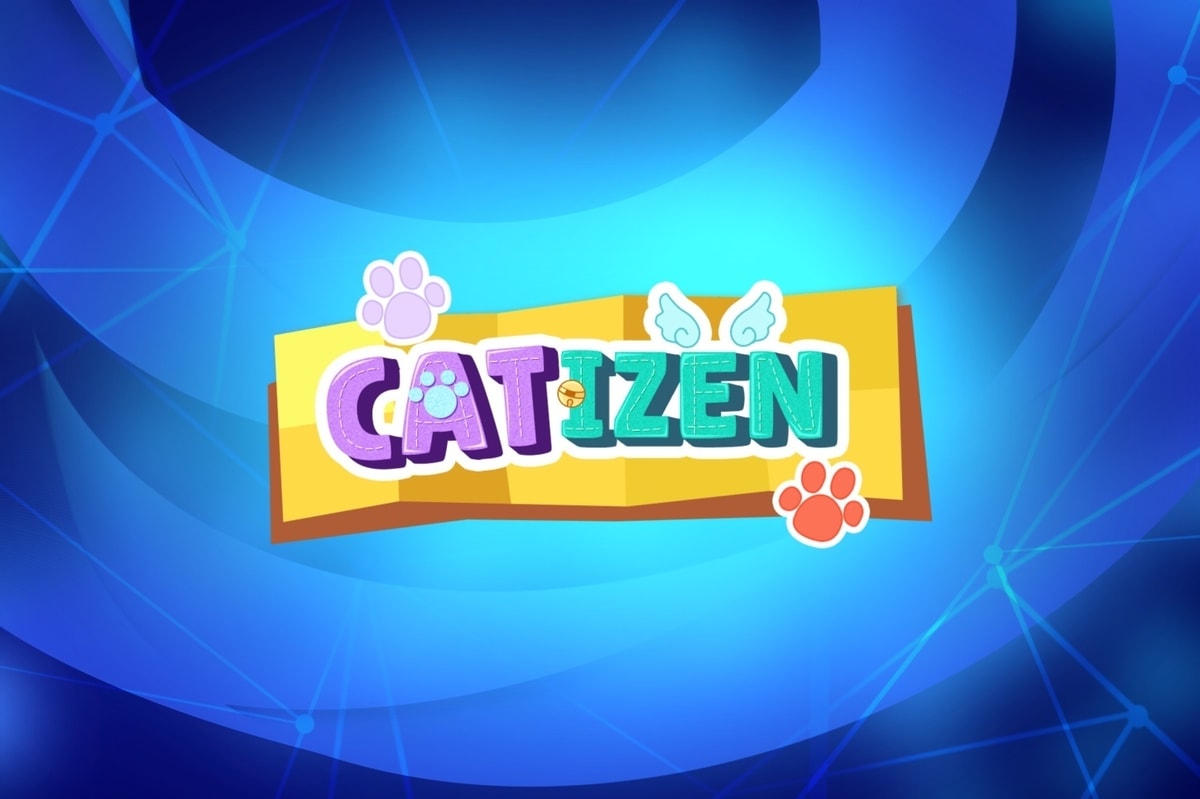Etherscan, a blockchain explorer and analytics provider, has introduced its v2 application programming interface (API) update, a significant upgrade to simplify multichain development.
The beta release of Etherscan v2 allows developers to access data across 50 Ethereum Virtual Machine (EVM)-compatible blockchain networks using a single API key.
An API is a unique code passed in to identify and authenticate a user, effectively functioning as a digital ID badge that provides access to the API’s services or data.
In the case of Etherscan, API keys protect both the service and the user, preventing unauthorized access and enabling the facilitation of data and services to approved users.
Related: DuckDuckGo ranks Etherscan phishing websites in top results
Key features
The primary change from v1 to v2 is streamlining Etherscan’s approach to multichain data access, which now offers a new API using a “chainID” parameter.
This parameter enables developers to specify the target blockchain within a single API, removing the necessity for multiple API keys and differing configurations for each blockchain.
Supported chains include Ethereum, BNB Smart Chain, Polygon, Arbitrum and others, including associated testnets such as Sepolia, Goerli and others unique to each network.
Table depicting some of the supported chains of the Etherscan v2 new API key. Source: Etherscan
Related: Etherscan ads behind massive phishing campaign
Developer impact and consideration
Etherscan v2’s unified API makes it easier for developers to build applications on multiple chains, establishing a single management point for blockchain data.
The single API key can reduce setup time, simplify code, and remain backward compatible with v1, eliminating disruption concerns for existing applications and related services.
Etherscan clarified that not all chain endpoints are currently supported, and although there is no timeline for deprecating v1, the blockchain explorer plans to deprecate v1 over time.
Related: ENS data from Etherscan now visible in Google search results
Multichain application implications
The trend toward a unified blockchain is growing from cross-border to cross-chain, as seen in developments like Chainlink’s new blockchain payment solution demo.
Etherscan v2’s unified API key adds another string to this bow, shifting toward multichain standardized and accessible blockchain data for developers and users alike.
Although multichain APIs already exist in Web3, Etherscan’s history is well known, and the move toward v2 may reduce developer overheads while improving application efficiency.
Magazine: The rise of Mert Mumtaz: ‘I probably FUD Solana the most out of anybody’











